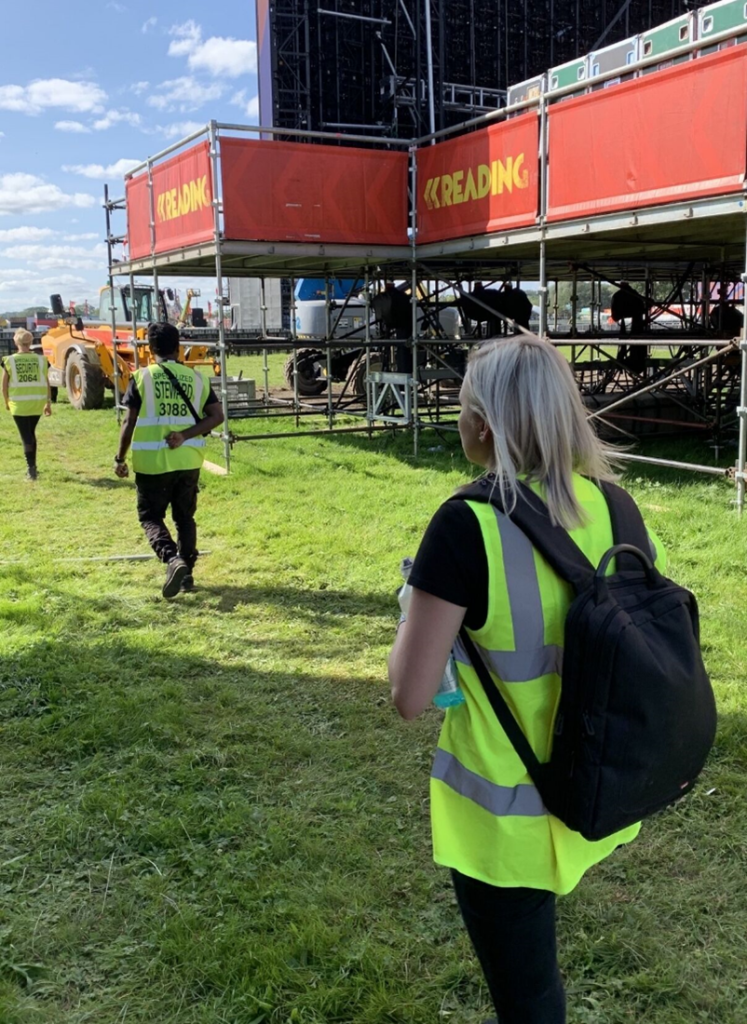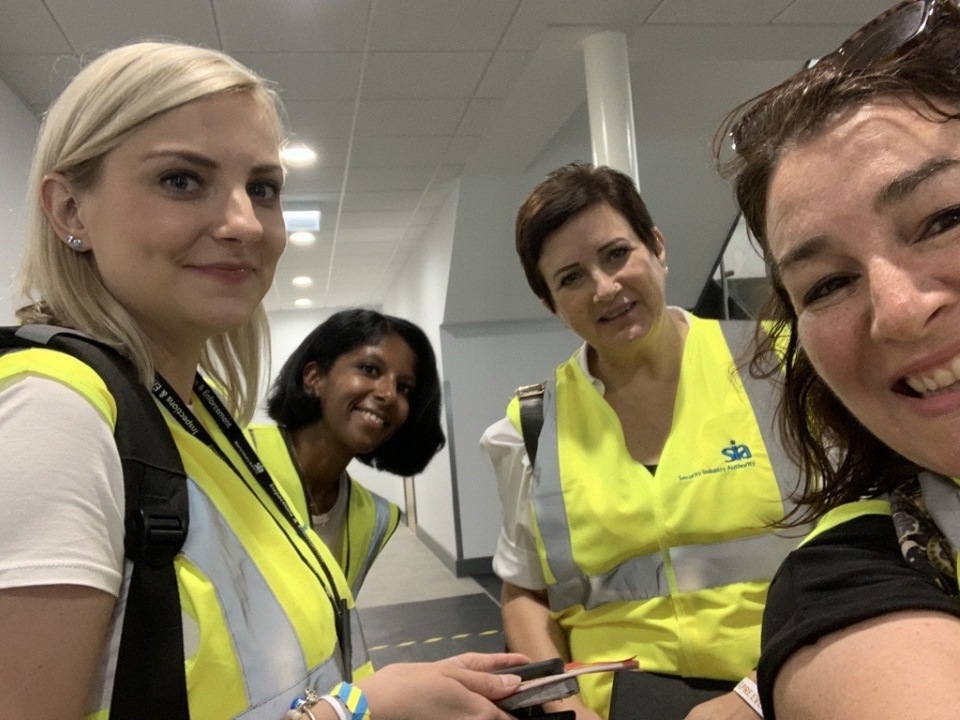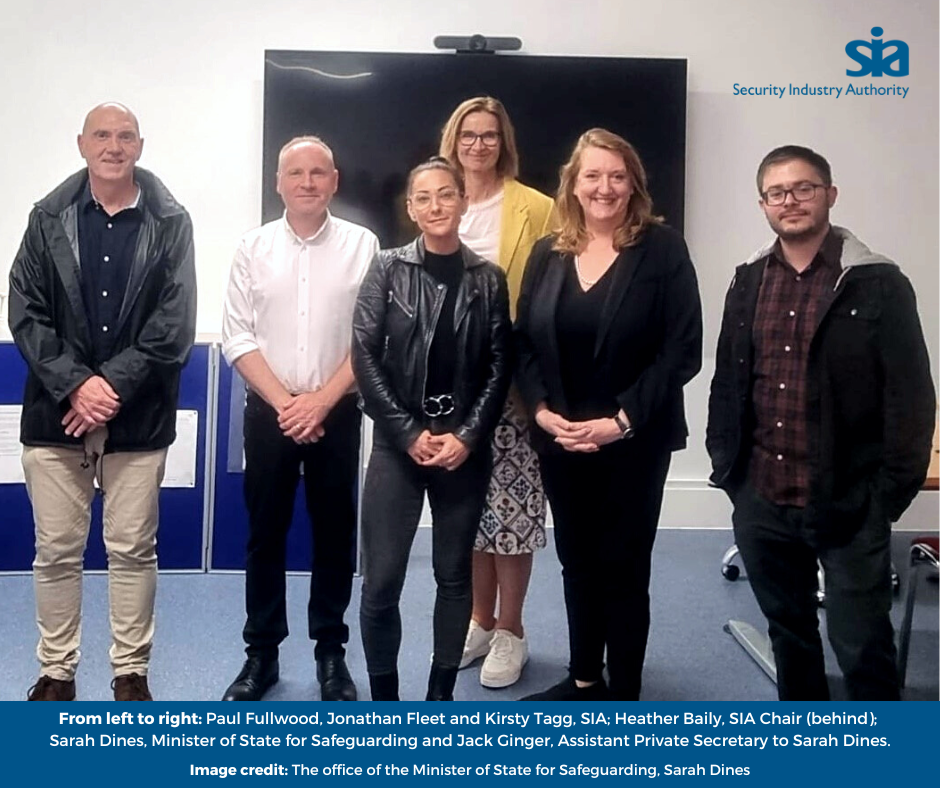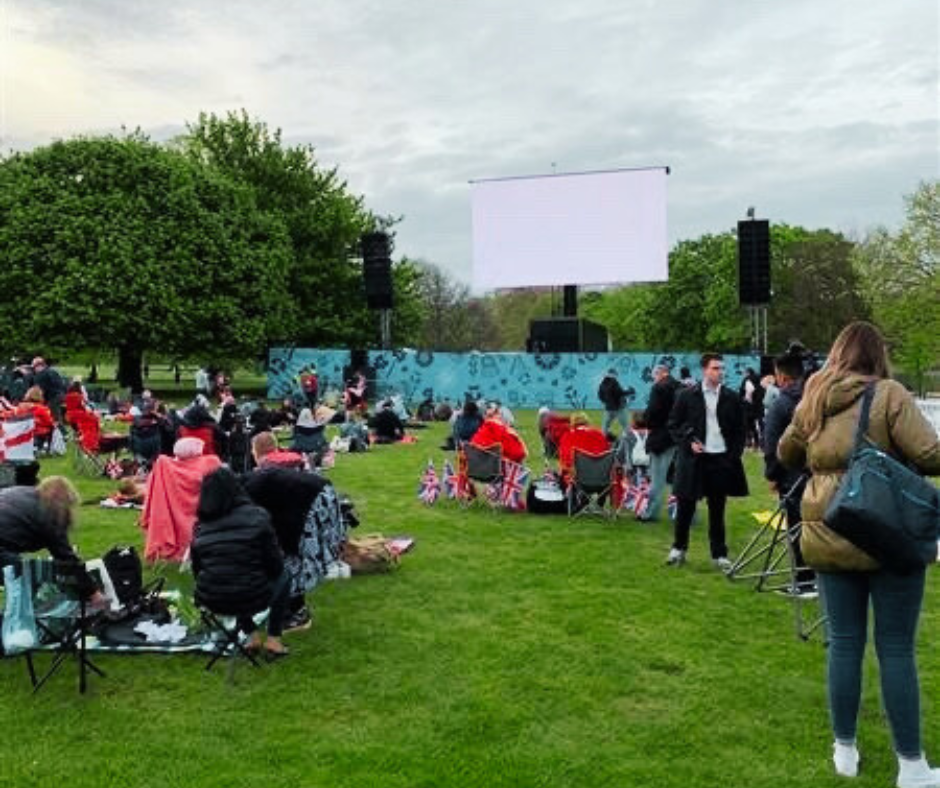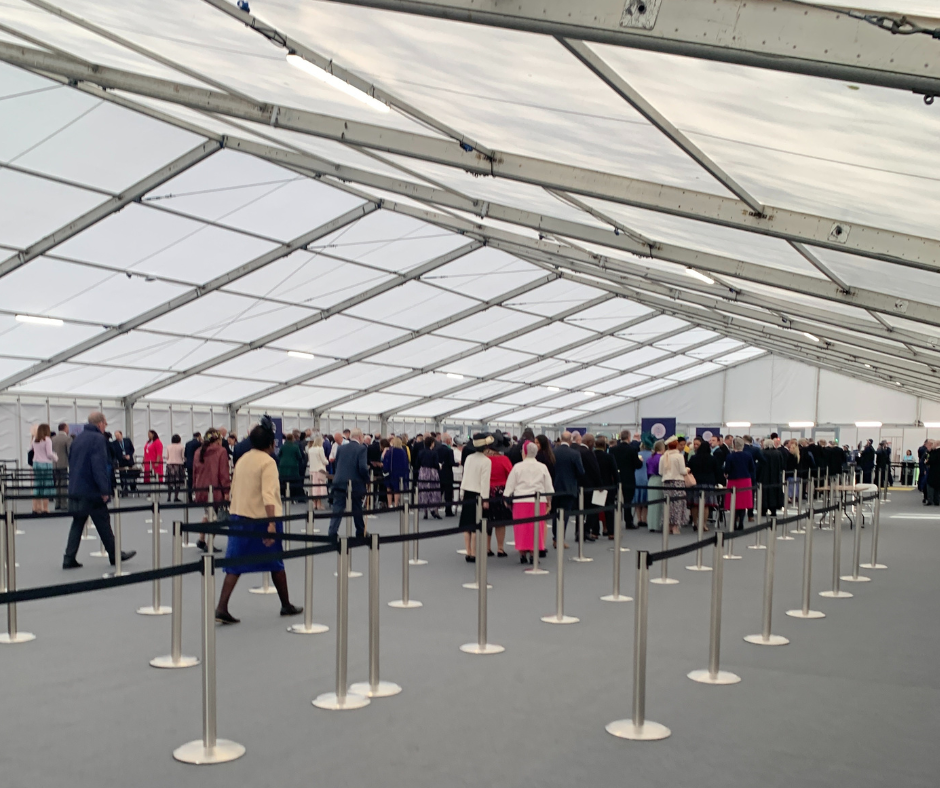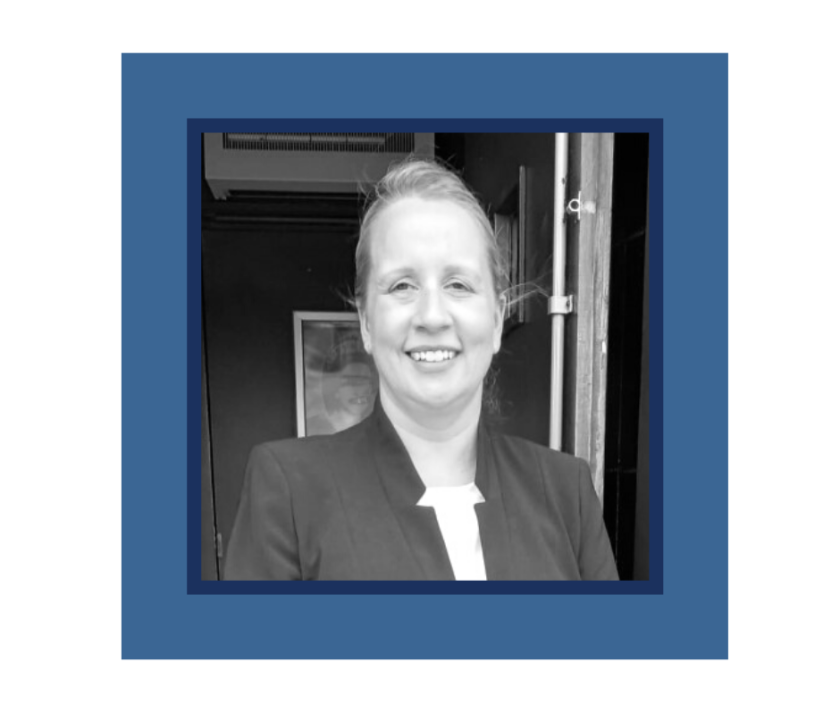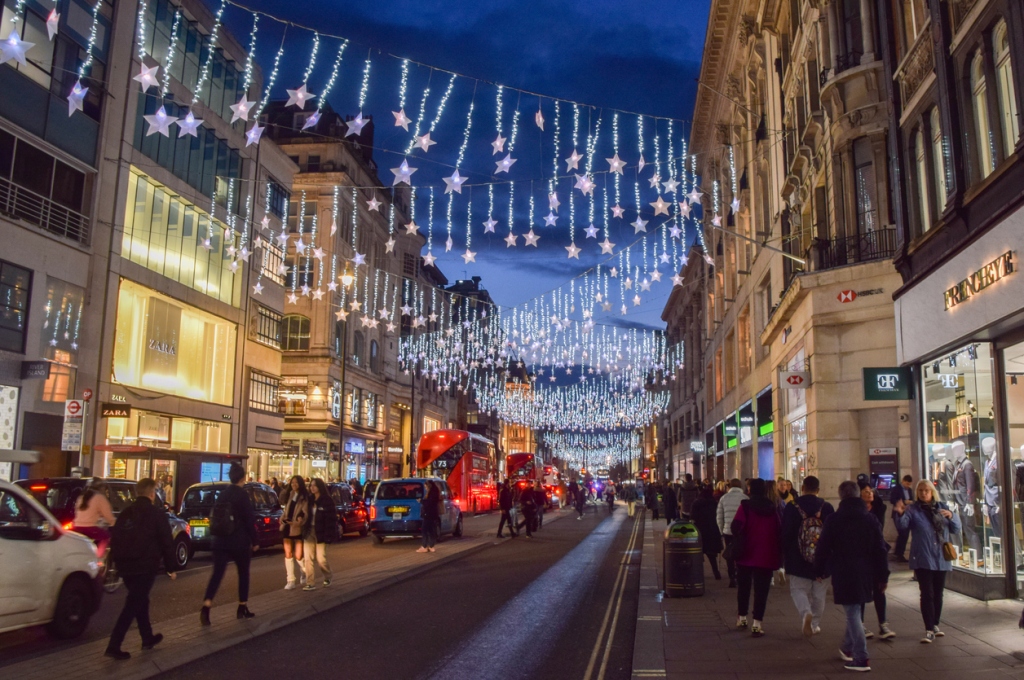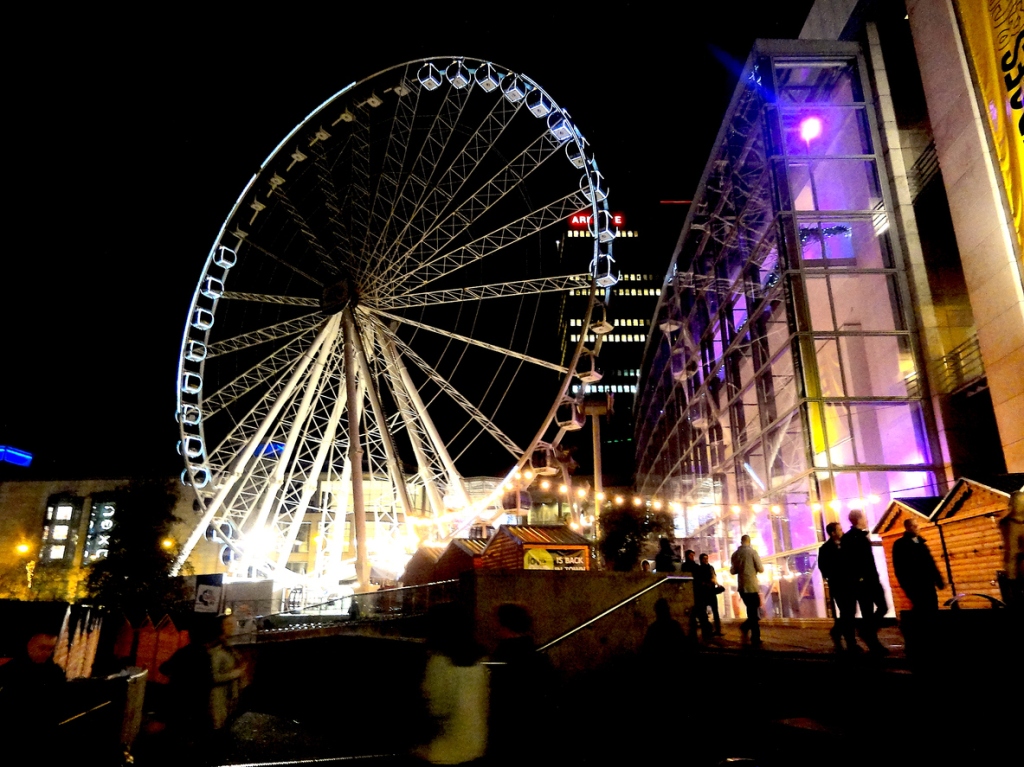Michelle Russell, Chief Executive, Security Industry Authority
The Security Industry Authority’s core purpose is protecting the public through effectively regulating the private security industry. As we mark 20 years since the start of our licensing regime, we want to make sure that the industry and its regulation is keeping pace with public expectations. It’s important that people can have trust and confidence in licence holders, the wider industry, and us as a regulator.

Research shows there are high levels of trust and confidence
We commissioned BMG to carry out research to help us to understand public perceptions of the industry, its regulation and private security careers. The overall results from nationally representative surveys of 2,600 UK adults in 2022 and 2023, and further exploration of key themes in focus groups, present a solid picture to build on.
It’s encouraging that most people trust security operatives, are confident that they do the right thing and carry out their duties competently. The public recognise the important role security operatives do. SIA licence holders can feel proud that most people feel safer due to their presence in settings like music concerts, sporting events, banks, hospitals, nighttime venues and retail premises.
There are high levels of consistency between the 2022 and 2023 results. This indicates that these findings are not a ‘one-off’. However, it also means that it will likely take time to change some of the more negative perceptions and stereotypes that some of the public hold about the security operatives they come across.
Personal encounters have a significant influence on views
It is not unexpected that attitudes and personal experiences play a strong role in driving levels of trust. Those with a positive recent personal experience with a security operative were much more likely to have greater levels of trust and confidence overall in private security.
We set the entry level requirements for training content and standards of conduct required to get and keep a licence. The research findings show that operatives who display positive, customer-focused traits help to drive trust. People said they wanted the security staff they meet to be more professional, reliable and helpful. This highlights how important it is for individuals to take responsibility for their conduct and behaviour once they have a licence, putting their communication and conflict resolution skills into practice.
Employers also have a part to play, as they take responsibility for on the job training suitable for the role their employees are deployed to. Employers can encourage recruitment for desired skills and traits, and promote positive values.
Security businesses and leaders also have an important role – both in driving long-term improvements to standards, and in helping to change public perceptions. I’d like to recognise the impact of initiatives which are good examples of this such as the British Security Industry Association (BSIA)’s ‘People, Property, Places: Professionally Protected’ campaign and the work of the industry-led Skills Board which is made up of leaders from security businesses both small and large.
Our regulation also has a part to play in building trust
Though personal experience is a stronger driver, as the regulator we also play our part in building trust and confidence by setting requirements and standards, and acting swiftly against those who fall short of them. Whether that’s providing formal advice, or suspending or revoking licences. In the most serious cases, we will prosecute illegal activity that risks public safety, the integrity of the licensing regime or undermines the work of those that do comply with the rules.
Members of the public that took part in focus groups were mostly positive about regulation and felt reassured by knowing the industry is regulated. However, it is clear there is more that we can do to explain what licensing means and how SIA licence holders support public safety, given that 3 in 10 survey respondents were aware of us and our role. We’re acting on this and have built improving public understanding into our communications strategy for the next few years.
The focus group conversations also revealed that routine independent licensing checks will help to drive up trust. We have increased our inspection footprint and visibility across the UK over the last few years to help detect issues early and deter wrongdoing. We will continue to act against individuals and companies who put the public at risk.
Together we can change perceptions about careers
It is good news that 7 in 10 people agree that private security is a career to be proud of. However, most of the survey respondents saw working in security as a good secondary job, rather than a first-choice career.
The SIA is already working in partnership with the industry to change perceptions so that more people can see private security as a role for them. Employers are responsible for attracting and retaining their staff. We act and use our voice where practices compromise public safety, including working with HMRC to address ‘cash in hand’ practices which are often linked to poor standards.
We are also pleased to support the specialist work of bodies such as the Security Institute, The International Professional Security Association (IPSA) and Security Commonwealth, and industry-led initiatives such as the Private Security Industry Apprenticeship Trailblazer Group, which work to open pathways into security and formalise frameworks for further developing skills and expertise, post entry level.
Long-term improvements to working conditions must continue to be driven by the industry. Employers are responsible for ensuring people are paid fairly and well for what they do and the skills they have, treated respectfully in the workplace and invested in with opportunities to develop and progress. Buyers also have a role to play in not letting pricing compromise public safety and quality.
This is just a flavour of some of the key findings and learnings from the full research document. We have used the results to inform our own strategy. I encourage those working in the private security industry, those in positions of leadership and influence in security businesses, and employers, to reflect on and use these insights to inform your own activities.


